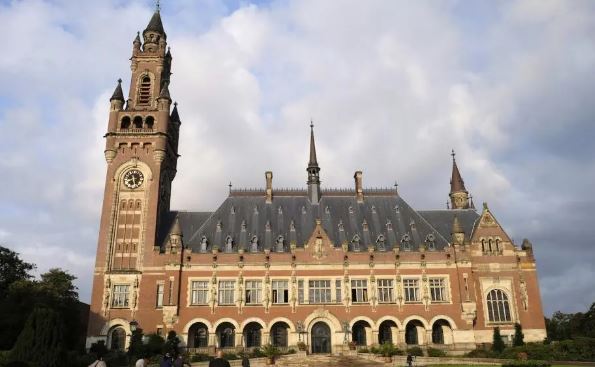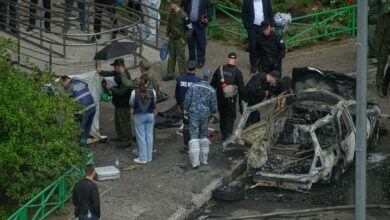Israel Faces Accusations of Genocide on the World Stage as World Court Hearings Commence

In a historic and contentious moment, Israel is set to confront accusations of genocide at the World Court, marking a significant chapter in the ongoing geopolitical tensions in the Middle East. The international community will closely watch as legal proceedings unfold, scrutinizing the allegations that have sparked heated debates and drawn attention to the complexities of the Israeli-Palestinian conflict.
Sources within the legal community indicate that the accusations of genocide against Israel have been brought before the International Court of Justice (ICJ), a principal judicial organ of the United Nations. The case is expected to delve into the intricacies of international law, examining the events that have transpired in the region and determining whether the term “genocide” is an appropriate characterization.
The charges primarily revolve around Israel’s actions in relation to the Palestinian territories, particularly the Gaza Strip and the West Bank. Critics argue that Israel’s military operations and policies in these areas have disproportionately affected Palestinian civilians, raising concerns about potential violations of international humanitarian law.
The legal proceedings are anticipated to be a protracted and complex affair, involving legal experts from both sides presenting their arguments before the ICJ. The court will be tasked with impartially evaluating the evidence, weighing the legal merits of the accusations, and ultimately rendering a judgment that could have far-reaching implications for international relations and diplomatic dynamics in the region.
It’s important to note that the term “genocide” carries significant legal and moral weight, and its application in this context has sparked fierce debate. Proponents of the accusations argue that Israel’s policies have resulted in severe harm to the Palestinian population, while critics maintain that such charges oversimplify the complex realities of the conflict.
The Israeli government, in response to the accusations, has vehemently denied engaging in genocide and asserts that its actions are driven by national security concerns. Israeli officials contend that the military operations in the region are necessary responses to threats posed by extremist groups and are conducted with the aim of safeguarding the country’s borders and citizens.
As the world turns its attention to the World Court hearings, the proceedings are expected to fuel international discourse on the Israeli-Palestinian conflict. The case at the ICJ underscores the challenges of achieving a resolution to a conflict that has persisted for decades and highlights the intricate balance between national security concerns and the protection of human rights.





